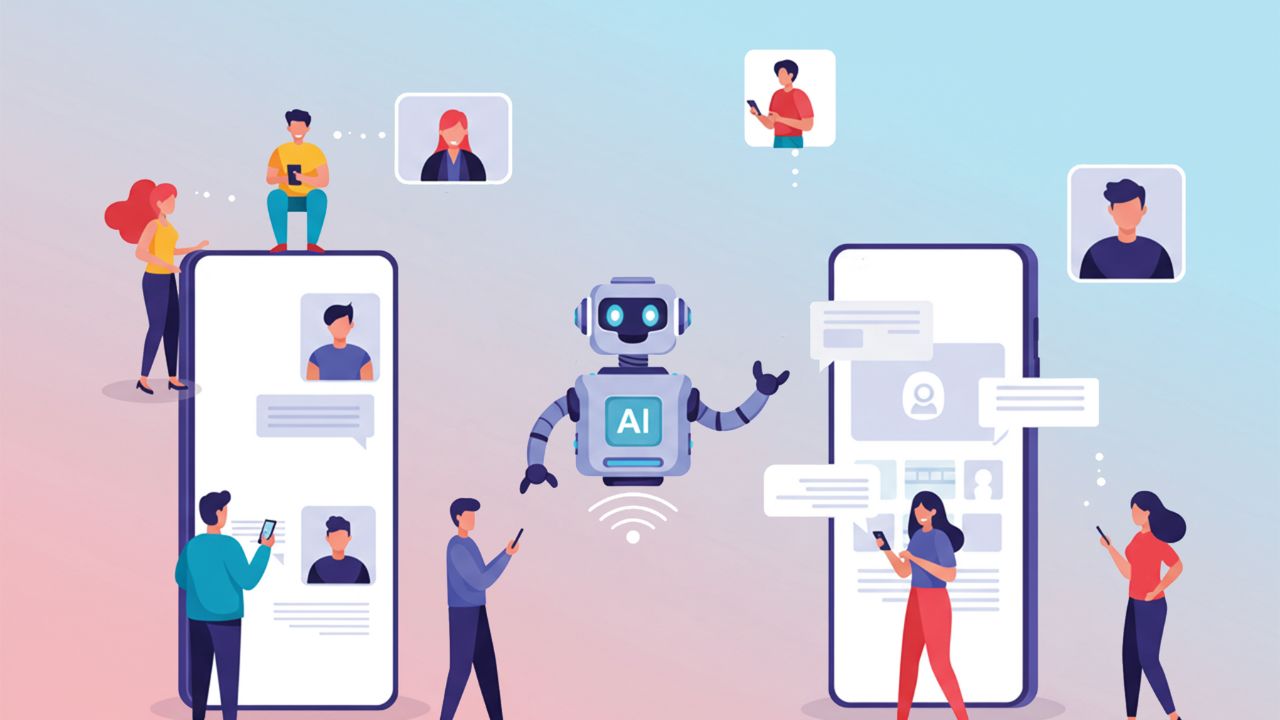Artificial Intelligence (AI) has moved from research labs into everyday life. In 2025, millions of people use AI tools daily, whether it’s chatbots answering questions, AI writing assistants drafting reports, or image generators creating graphics. Businesses rely on AI for automation, while individuals use it for learning, productivity, and even personal health tracking.
But while AI tools offer incredible convenience, they also come with risks. From misinformation and bias to privacy concerns and over-reliance, using AI without caution can lead to mistakes or even security issues. The goal is not to avoid AI, but to use it wisely and responsibly.
What Are AI Tools?
AI tools are applications that use machine learning and algorithms to perform tasks normally requiring human intelligence. They can:
- Generate text, images, or music.
- Translate languages in real time.
- Analyse large datasets for insights.
- Automate repetitive tasks.
- Provide personalised recommendations.
Popular categories of AI tools include:
- Chatbots & Assistants: ChatGPT, Google Bard, Microsoft Copilot, Alexa.
- Image & Video Generators: MidJourney, DALL·E, Runway.
- Productivity Tools: Grammarly, Notion AI, Jasper.
- Business & Data Tools: Tableau AI, Salesforce Einstein.
Why Safe Use Matters
While AI can be transformative, it’s not perfect. Risks include:
- Misinformation: AI can produce confident but incorrect responses.
- Bias: Tools may reflect or amplify human biases present in training data.
- Privacy: Entering sensitive information may expose personal or business data.
- Over-reliance: Depending too heavily on AI can weaken critical thinking skills.
- Security Risks: Cybercriminals may use AI tools to craft scams or phishing attempts.
Understanding these risks is the first step towards using AI responsibly.
Best Practices for Using AI Tools Safely
1. Verify the Information
AI outputs can be convincing but inaccurate. Always fact-check important details using trusted sources before acting on them.
Example: If an AI gives medical advice, cross-check with official health websites or consult a professional.
2. Protect Your Privacy
- Avoid entering sensitive details (passwords, banking info, personal identifiers).
- Check the AI tool’s data policies—some may store or use your inputs.
- Use anonymised data when testing AI tools for business.
3. Be Aware of Bias
AI can unintentionally reinforce stereotypes. Treat outputs critically, especially in sensitive areas like hiring, finance, or education.
Tip: Diversify data inputs when using AI for decision-making.
4. Limit Over-Reliance
AI is a tool, not a replacement for human judgement. Use it to assist, not to decide everything for you.
- For students: AI can suggest essay ideas, but you should craft the final version.
- For professionals: AI can draft emails, but always review tone and accuracy.
5. Use Reputable Tools
Stick to well-known AI platforms with transparent policies. Be cautious with little-known or free tools that may misuse your data.
6. Be Cautious with Generated Media
Deepfakes and AI-generated images can be manipulated for scams. Always verify the source before trusting visuals or audio.
7. Keep Learning
AI is evolving rapidly. Stay updated on safe practices by following tech news, official guidelines, and security updates from providers.
Practical Applications of Safe AI Use
In Education
- Use AI for brainstorming, but verify sources for assignments.
- Avoid plagiarism—AI-generated content should be originalised and cited properly.
In Workplaces
- Use AI for productivity (summarising reports, drafting content).
- Never feed confidential company data without checking privacy policies.
In Personal Life
- AI assistants can help manage schedules, budgets, or shopping lists.
- Avoid sharing private family or health details unnecessarily.
Red Flags When Using AI Tools
- The tool asks for personal or financial details.
- Claims of “guaranteed results” with no transparency.
- Lack of clear privacy or data policies.
- Outputs that seem extreme, biased, or too good to be true.
Future Challenges of AI Safety
As AI becomes more advanced, new issues will emerge:
- AI-powered scams: Convincing fake messages or voices from people you know.
- Job automation: Workers will need to adapt to roles where AI is a partner, not a competitor.
- Ethical dilemmas: Who is responsible if an AI makes a harmful mistake?
Governments and companies are already working on AI regulations, but users must remain vigilant too.
Frequently Asked Questions
Q: Can AI tools steal my data?
Some free or unverified tools may misuse data. Always read privacy terms and avoid entering sensitive details.
Q: Are AI tools always correct?
No. AI generates answers based on patterns, not absolute truth. Verification is crucial.
Q: Will AI replace my job?
AI will automate tasks, but new opportunities will also emerge. Learning to work with AI is the safest career strategy.
Q: Can children safely use AI tools?
With supervision. Parents should guide children to use age-appropriate tools and avoid sharing personal information.
AI tools in 2025 are powerful allies for productivity, creativity, and problem-solving. But like any tool, they must be used wisely. The safest approach is to treat AI as a helper, not an authority, verify information, protect privacy, and use critical judgment.
By staying cautious and informed, beginners can enjoy the full benefits of AI without falling into its risks. In the years ahead, the most successful users won’t be those who rely entirely on AI, but those who learn how to use it safely, responsibly, and thoughtfully.








Leave a Comment